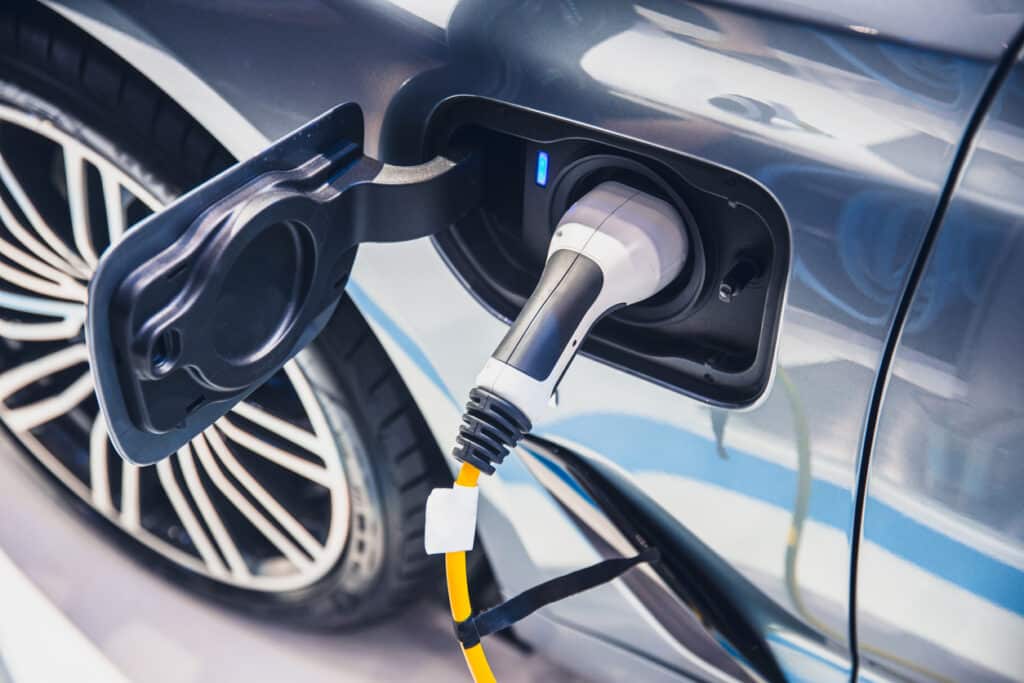Like many EV drivers, you likely have a branded Level 1 charging cord that came with your auto. Supported by standard 120V outlets, these cords offer at-home charging for those with time to wait. Your Level 1 charging cord can add three to five miles of range to your battery for every hour that you keep it plugged in. To fill your battery to capacity, it could take 56 hours or more. Level 2 EV home charging stations offer a much more convenient solution. They can power EV batteries up in hours rather than days. However, to get the most from your new EV charger, you should have it professionally installed.
Optimize Your EV Charger Installation
Out-of-the-box Level 2 chargers don’t offer the easy “plug-and-play” functionality of Level 1 charging cords. These stations required dedicated 240V outlets. They also need dedicated circuits.
When you hire an electrician to install your home charging equipment, you can decide to have your new charger hardwired directly into your electrical system. During these projects, electricians assess the size and layout of storage areas, the current capacities of electric panels, and other pertinent factors. Based on your needs and the installation environment, your electrician will help you decide between indoor and outdoor installation, hardwiring or plug-in, and more.
Protect Your EV Battery
Your EV’s battery is easily its most expensive component. It just makes sense to have an electrician handle the installation of its charging equipment. When your EV is plugged in, you’ll want the benefit of whole-house surge protection and an electrical panel that’s unlikely to get overloaded. The thorough approach that electricians take when handling these projects protects the lifespan and functionality of EV batteries.
Protect Your Warranties
All product warranties are mutually binding agreements. While product manufacturers agree to pay for defective parts and manufacturing-related problems, warranty holders agree to avoid any actions that might compromise the integrity and functionality of covered equipment. Installing your own home EV charging station could result in a voided charger warranty. It could also impact your EV battery’s warranty. Paying an electrician to handle the work is far cheaper than paying for formerly covered repairs out of your own pocket.
Keep Your Home Up to Code
Adding EV charging equipment to your home is an effective way to boost its value and marketability. However, this is only true when the related electrical work is up to the current electrical code. Installing an EV charger on your own involves hardwiring this appliance or installing the right 240V outlet. Doing the work yourself could cause your home to fail lender-required inspections in the future. It will also create the risk of electrical shock, electrocution, and electrical fires.
Take Maximum Advantage of All Available Incentives
There are many high-value federal and state incentives available for homeowners who install EV charging equipment. From federal tax credits to state-funded rebate programs, a licensed electrician can help you take maximum advantage of these rewards by offering qualifying equipment and installing it correctly.
When it comes to optimizing the benefits of home EV charging stations, professional installation matters. To access an impressive selection of EV chargers in Camarillo, CA, contact Economy Lighting and Electric today.


